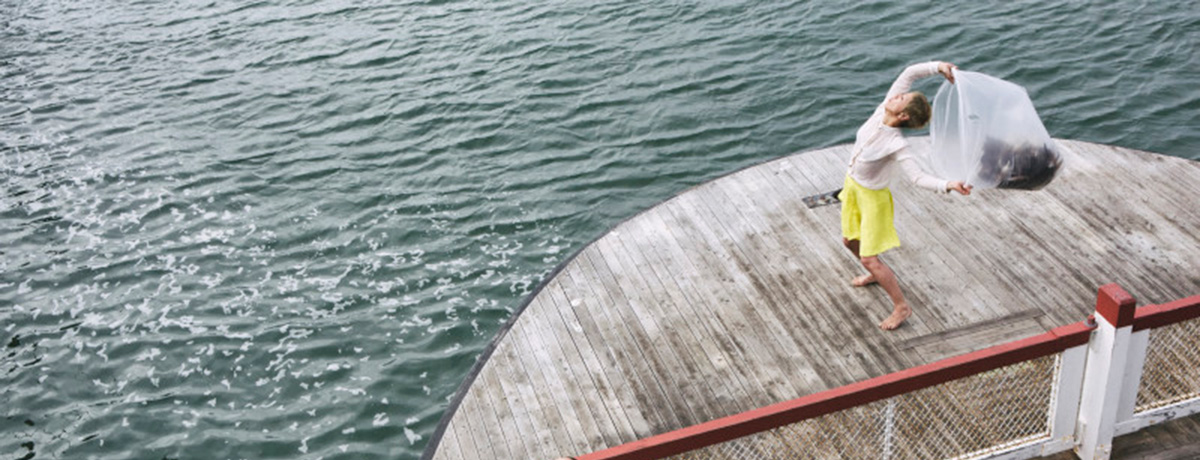
As specified in the Creative Work Fund guidelines, before a grant will be awarded, the artist(s) and collaborating organization(s) must prepare and sign a memorandum of understanding describing payment schedules, and each entity’s rights, roles, and responsibilities in the project. The following notes about subjects to cover and the nature of collaboration are meant to assist applicants and recipients in developing such a memorandum. It should be noted that these suggestions are not intended as legal advice; for specific legal questions, you should consult an attorney.
While Creative Work Fund grants are very competitive and we do not advise applicants to assume they will receive a grant, the Fund recommends preliminary discussion about the Memorandum of Understanding while you are developing your proposal. The memorandum would be required if your project were ultimately awarded a grant.
Overview of Issues to Address in a Memorandum of Understanding
The following notes are a general guide and are not a substitute for legal advice.
- The purpose for the collaboration and the names of the entities involved
- How the collaborative group will make decisions and whether one person or entity will serve as a convener or coordinator for the group. (Contingency representatives should be named in case of a change in personnel at the collaborating agencies.)
- Who will be responsible for financial record keeping and reporting? (Include, if applicable, the rate of reimbursement or pay for any shared expenses–for example, rate of reimbursement for local travel per mile.)
- Specify who will review and approve expenditures and will review and approve subcontractor decisions made on behalf of the collaboration
- Indicate who will be responsible for any other proposals that may be submitted
- Outline responsibilities of different partners to contribute to the reports to the Creative Work Fund and/or other funding agencies
- Specify the agreed upon time frame of major aspects of the project
- Incorporate agreed upon roles in publicizing the project, how communications with the press and public will be approved, and agreed upon contributions to the public relations effort (e.g. photographs, biographical notes)
- Who will be responsible for securing insurance and/or permits?
- How may the memorandum of understanding be modified?
- How will any disputes be negotiated?
Other Considerations
Specific points of conflict that have arisen in completed Creative Work Fund projects should be considered for inclusion in the memorandum:
- Dividing and defining administrative tasks, particularly when large and small organizations are collaborating (Tasks to consider include general and workers’ compensation insurance liability, volunteer management, public relations, securing permits, bookkeeping and financial reporting)
- Deciding who convenes the partnership and how (particularly when there are multiple collaborators)
- Agreeing to how and when the artist will be paid
- Clarifying procedures for reimbursements for expenses. (Is prior approval required? What kinds of records and receipts should be kept?)
- Deciding how the partnership will cover unanticipated expenses
- Agreeing to guidelines for hiring and/or firing a subcontractor
- Recruiting, providing insurance for, or securing signed waivers from volunteers
- Dividing revenues generated
- Juggling agreements with multiple box offices or online ticketing programs (if several performing arts groups are involved and each has a different box office contract)
- Adapting to a change in staff at a collaborating organization (particularly if that person is not replaced)
- Agreeing to whose images and text will be used to promote the project
- Determining who keeps any equipment purchased with grant funds when the project is finished
- Developing a time frame for the project and adjusting it if necessary
Additional Information and Assistance
Oakland-based Sustainable Economies Law Center cultivates a new legal landscape that supports community resilience and grassroots economic empowerment. They provide legal tools, education, research, advice, and advocacy so communities everywhere can develop their own sustainable sources of a thriving community. Check out their 2022 workshop with CWF grantees:
California Lawyers for the Arts, which has local offices in San Francisco, Sacramento, and Los Angeles, offers occasional workshops on effective collaborative partnerships, low-cost legal assistance with developing agreements and contracts, and a mediation and arbitration service for dispute resolution.
